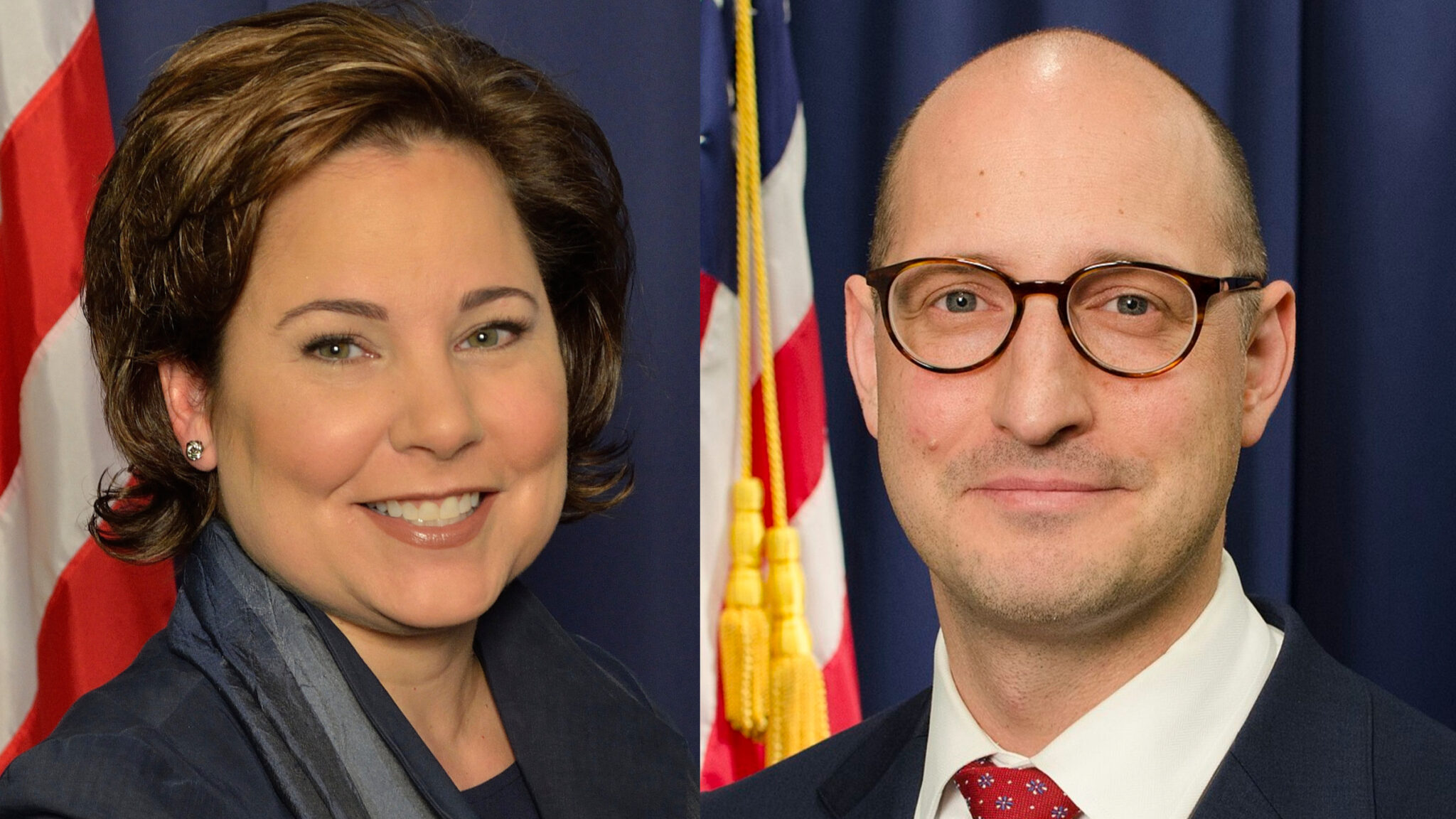
Open season on PBMs but FTC votes against digging into their anti-competitive practices further
The abuses of pharmacy benefit managers were on full display Thursday but the Federal Trade Commission failed in advancing a motion (2-2) to study these pharma middlemen in more depth, which could lead to wider investigations.
FTC commissioners Noah Phillips and Christine Wilson voted against conducting an FTC study on PBMs, claiming that it was not designed to study the competitive effects of the PBMs, and it’s not clear this study would reveal anything about patients’ out-of-pocket costs, according to Phillips.
Unlock this article instantly by becoming a free subscriber.
You’ll get access to free articles each month, plus you can customize what newsletters get delivered to your inbox each week, including breaking news.